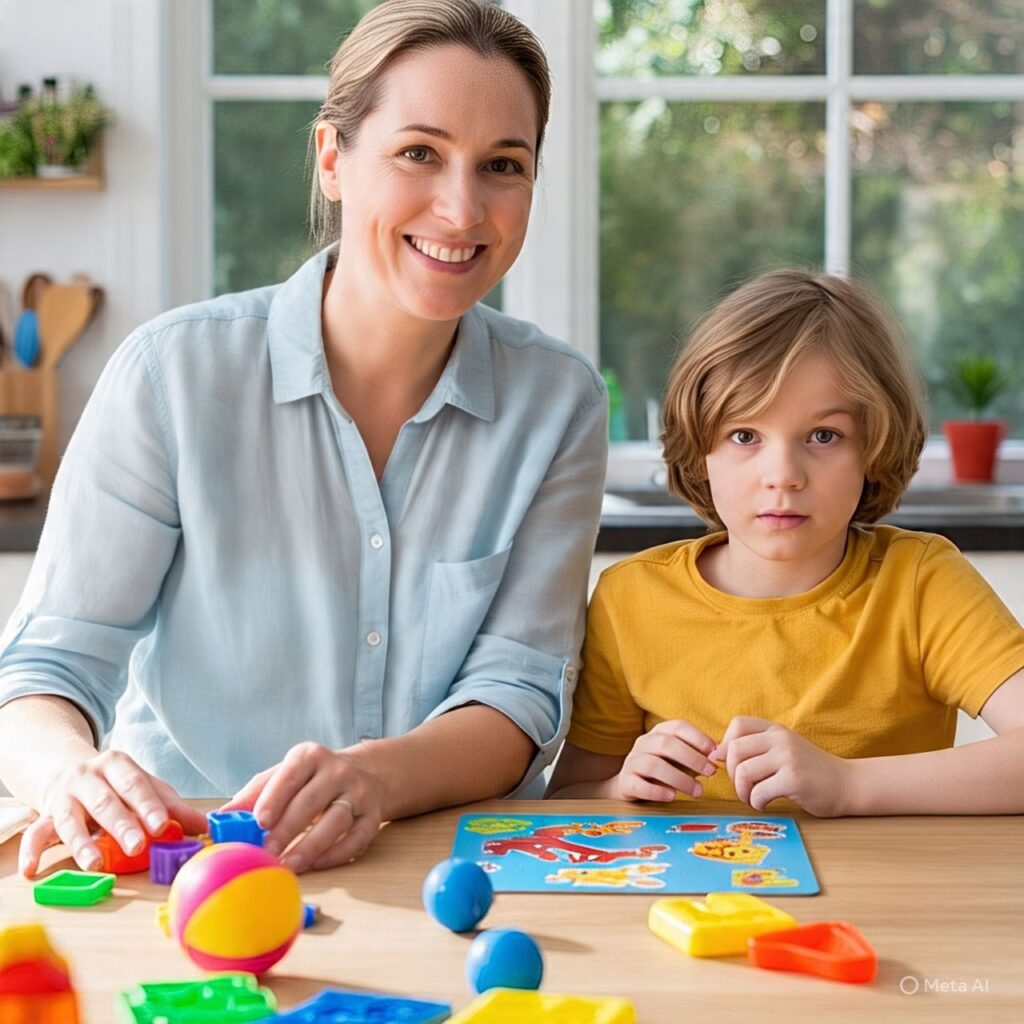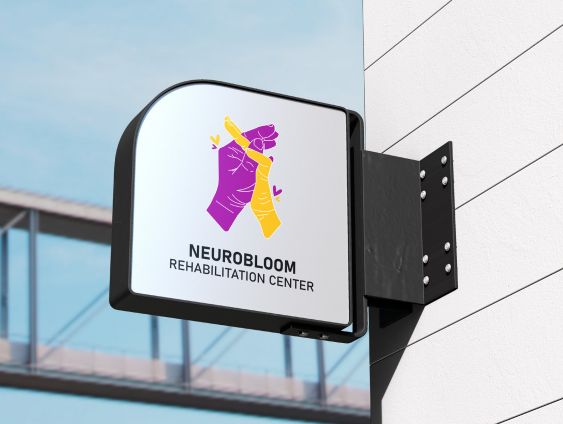Occupational therapy (OT) helps children develop the skills they need for daily life—from dressing and feeding to focusing in school and managing emotions. While professional therapy sessions are essential, the home environment plays a powerful role in reinforcing progress. With a little creativity and structure, parents can turn ordinary routines into meaningful therapeutic opportunities.

🏠 Why Home-Based OT Activities Matter
Children thrive in familiar settings. Practicing OT strategies at home:
- Reinforces therapy goals
- Builds confidence in real-life situations
- Encourages independence
- Strengthens parent-child connection through purposeful play
✋ 1. Fine Motor Skill Boosters
Fine motor skills involve small muscle movements, especially in the hands and fingers. These are essential for tasks like writing, buttoning, and using utensils.
Try These at Home:
- Play dough fun – Roll, pinch, cut with plastic scissors
- Clothespin games – Strengthen finger muscles by clipping clothespins to cards
- Sticker peeling – Great for hand-eye coordination and pincer grasp
- Bead stringing or pasta threading – Practice bilateral coordination
- Tearing and folding paper – Prepares hands for writing
🧠 2. Sensory Regulation Activities
Some children may be over- or under-responsive to sensory input. Sensory activities help them stay calm, alert, and organized.
At-Home Ideas:
- Sensory bins – Fill a container with rice, beans, or sand and hide small toys inside
- Bubble wrap popping – Fun and calming tactile input
- Obstacle courses – Climb over pillows, crawl under tables, jump into hula hoops
- Swinging or rocking chairs – Great for vestibular input and calming
- Weighted lap pads or blankets – Offer deep pressure and comfort
📝 3. Activities of Daily Living (ADLs)
These are life skills your child needs to function independently at home and school.
Practice Through Play:
- Dressing dolls or stuffed animals – Practice zippers, buttons, and snaps
- Help in the kitchen – Stirring, pouring, cutting soft fruits (with supervision)
- Self-care practice – Brushing teeth, combing hair, washing hands
- “Race against the clock” games – Make routines fun and timed (e.g., putting on socks)
✍️ 4. Handwriting & Pre-Writing Support
Even if your child isn’t writing yet, you can support early skills through fun pre-writing activities.
Encouraging Activities:
- Tracing lines in sand or shaving cream
- Drawing shapes on paper or chalkboard
- Using vertical surfaces (easels or windows) – Builds shoulder strength and visual tracking
- Letter puzzles or magnet boards
🧩 5. Focus and Attention Builders
Kids often struggle to sit still or complete tasks. These activities improve concentration in playful ways.
Focus-Friendly Tips:
- “Simon Says” or Freeze Dance – Teaches listening and self-control
- Memory matching games – Enhances cognitive skills and focus
- Quiet time with calming music or breathing exercises
- Visual schedules or picture charts – Help kids follow routines and stay on task
💡 General OT Tips for Parents
- Start small – Pick 1–2 activities and make them part of your daily routine
- Use everyday objects – No need for expensive tools—spoons, towels, and laundry baskets work great!
- Follow your child’s interests – If they love dinosaurs or cars, use those in the activity
- Be patient and celebrate effort—progress takes time, and every small step counts
🌟 Final Thought
Occupational therapy doesn’t stop at the clinic. With a little guidance and imagination, your home can become a space for growth, learning, and empowerment. Every meal, game, or chore is a chance to build life skills and confidence.
Need personalized ideas? Reach out to our therapists—we’re here to help you create a daily rhythm that supports your child’s success.


